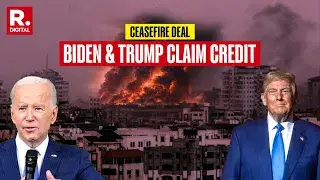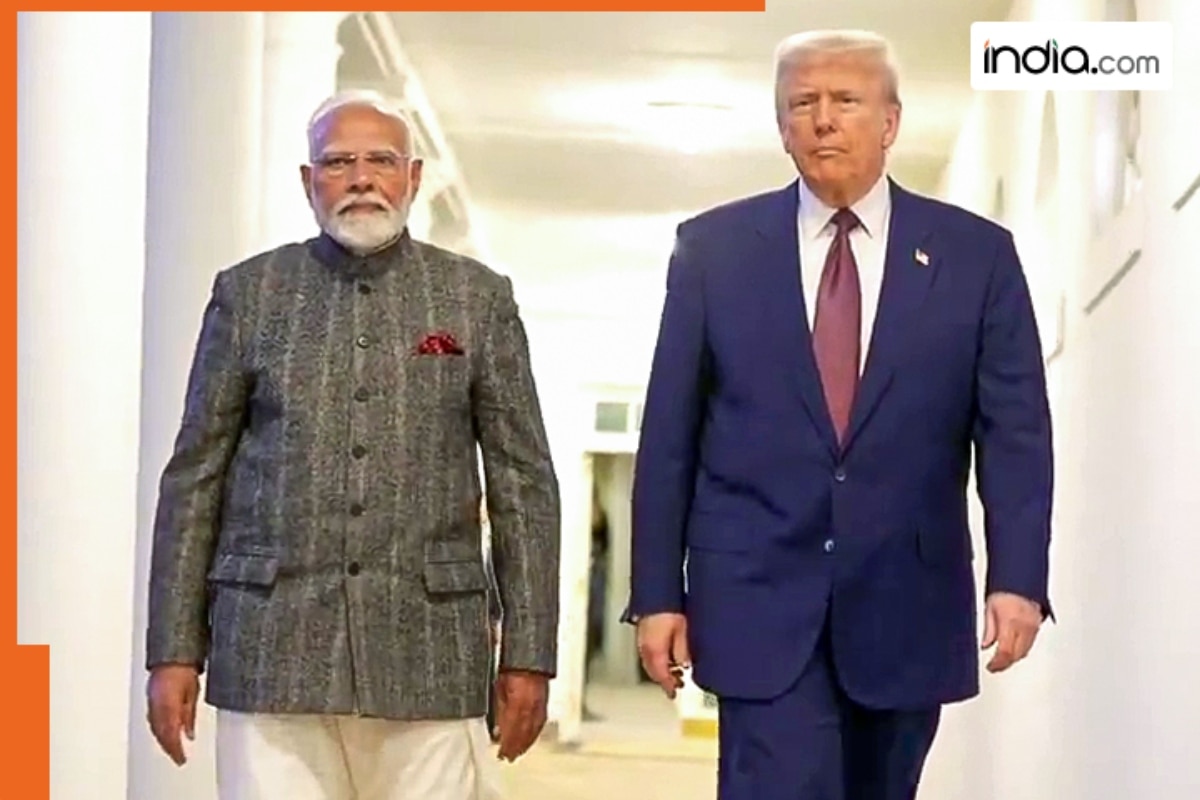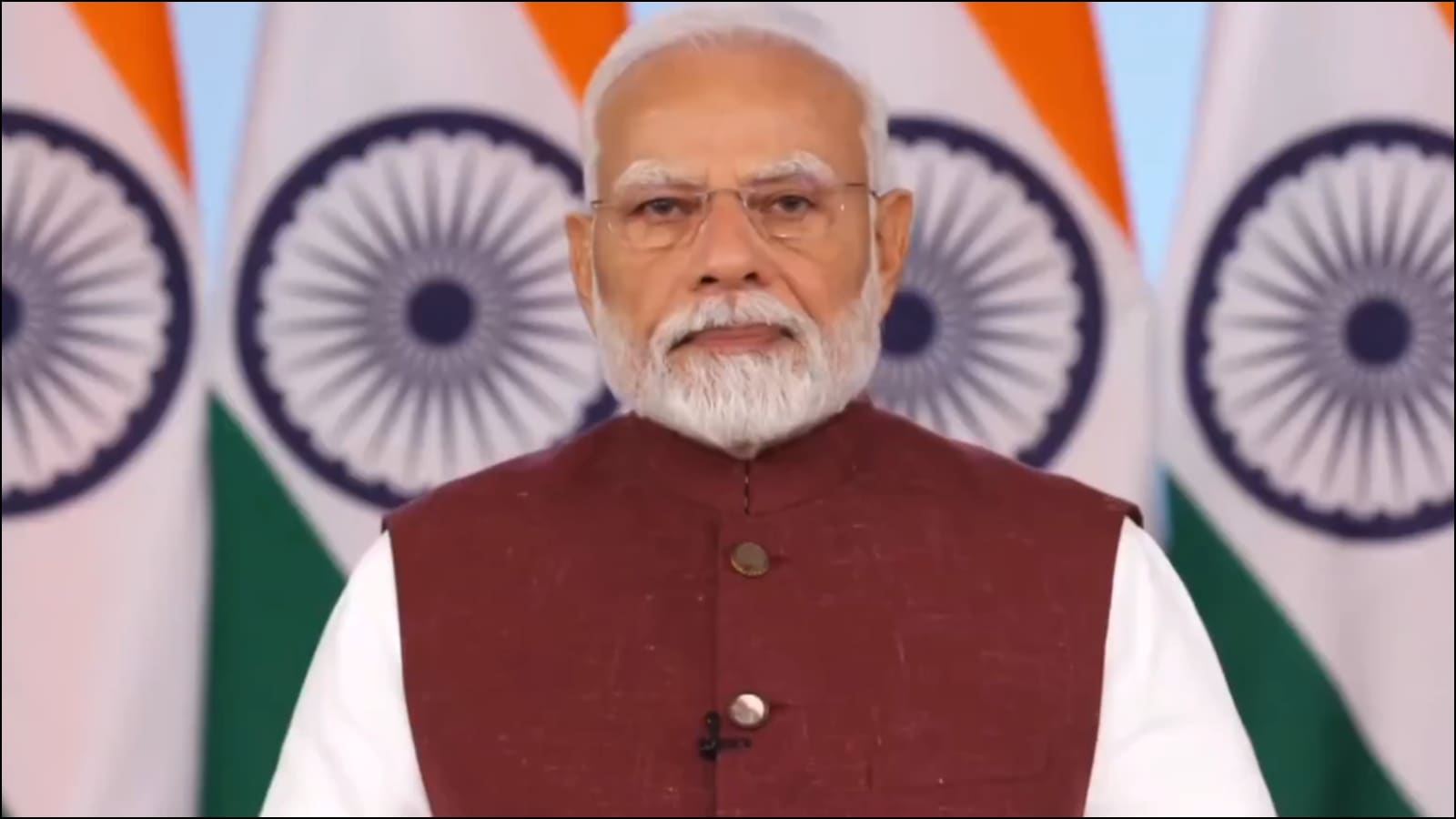In a rare moment of bipartisan influence on international diplomacy, both President Joe Biden and President-elect Donald Trump are claiming credit for the historic ceasefire deal between Israel and Hamas, which was reached on Wednesday after months of tense negotiations. The breakthrough follows extensive involvement from the White House, including the strategic inclusion of Trump’s Middle East envoy, signaling a cooperative effort between the current and incoming administrations. This significant diplomatic achievement aims to end the long-standing conflict in Gaza and has drawn praise from both sides of the political spectrum, highlighting the U.S.'s crucial role in shaping the region's future.
Global Impact of the Ceasefire Deal
The ceasefire deal has been welcomed by leaders and citizens worldwide, with many expressing hope for a lasting peace in the region. The agreement includes provisions for humanitarian aid to Gaza, as well as steps towards rebuilding infrastructure damaged during the conflict. Analysts believe that the successful negotiation of the ceasefire could pave the way for further diplomatic breakthroughs in the Middle East.
Future Challenges and Opportunities
While the ceasefire represents a significant step towards peace, challenges still remain. Both Israel and Hamas will need to uphold their commitments under the agreement, and efforts to address the root causes of the conflict must continue. The international community, including the United Nations and regional partners, will play a crucial role in supporting the implementation of the ceasefire deal and fostering long-term stability in the region.





